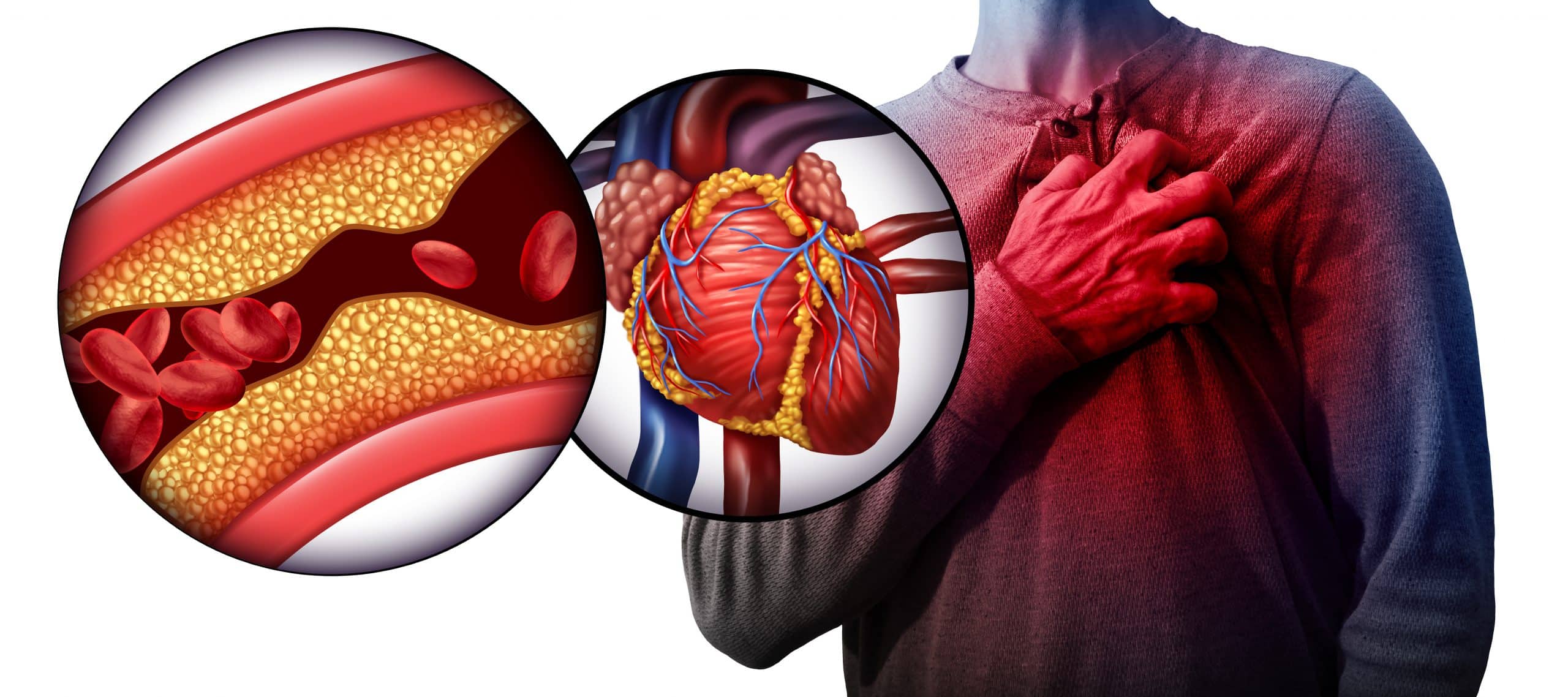03/26/2019
YOUTH AND HYPERTENSION: ARE CHILDREN ALSO AT RISK?
Hypertension is not just a condition for adults. Children and teens are also susceptible to high blood pressure, which can put them at the same risks adults with hypertension face. As a parent, it is important to understand the risk factors and warning signs of high blood pressure in children. Knowing the warning signs is the first step in seeking help for your child and finding a treatment option that works for them.
What is Considered High Blood Pressure in Children?
When it comes to high blood pressure in children, there is no specific number to look for. This is because children’s blood pressure varies as they grow. High blood pressure in children is often calculated by comparing your child’s blood pressure to children who are the same age, sex, and height. Children who have higher blood pressure than 95 percent of children of the same demographic are considered to have high blood pressure.
Symptoms of Hypertension
Often, high blood pressure will not cause any symptoms. That is why it is important that your child receive annual checkups and have their blood pressure monitored. However, in the case of a blood pressure emergency, the following symptoms may be present:
– Seizures
– Nausea or Vomiting
– Headaches
– Heart Palpitations
– Shortness of Breath
– Chest Pain
What can Cause High Blood Pressure?
In children younger than six, hypertension is typically caused by an underlying condition. However, older children and teenagers can develop high blood pressure in the same ways as adults. This means that many cases of hypertension in children can be cured with a change in habit, diet, or exercise. In some instances, medication may also be needed. Some common causes of hypertension in children include:
1. Tobacco Use
Smoking continues to be the leading cause of preventable death in the U.S. In fact, studies say that over 5.6 million Americans currently under the age of 18 will eventually be killed by smoking-related causes. Smoking has been proven to have a direct link to hypertension, meaning it could eventually lead to a heart attack or stroke. If your child currently uses tobacco, they are at risk for a variety of preventable diseases.
2. Obesity
In the U.S., over 24 million children are overweight or obese. This can be due to genetics, habits, or diet. No matter the cause, obesity can add extra strain to the heart and lead to hypertension. This can often be lowered by developing healthy habits and gradually losing excess weight.
3. A High Sodium Diet
Even if your child is not overweight or obese, their diet may still play a factor in their heightened blood pressure levels. The average American child consumes twice the amount of daily recommended sodium. A high sodium diet can lead to elevated blood pressure and a variety of other health concerns. Lowering your child’s sodium intake and replacing a salty snack with healthy snacks can be an easy solution to this issue.
4. A Sedentary Lifestyle
Children and teens are spending less and less time outside and more on computers and in front of televisions. This lack of physical activity can take its toll on children’s bodies and cause their blood pressure to be higher than average. It is important to ensure your child is getting at least 60 minutes of exercise each day to avoid conditions brought on by a sedentary lifestyle.
When to See a Doctor
As stated above, since hypertension can show no warning signs, it is important your child have their blood pressure and other vitals checked at their annual physical starting at age three. If you are concerned that your child may be suffering from high blood pressure, or you have discovered using an at-home monitor that their blood pressure is higher than usual, seek the guidance of an experienced cardiologist.Return



